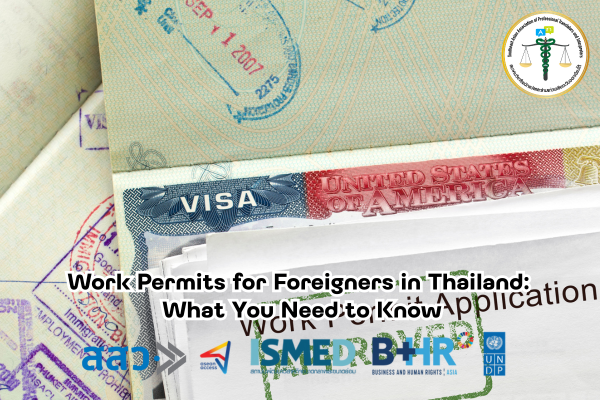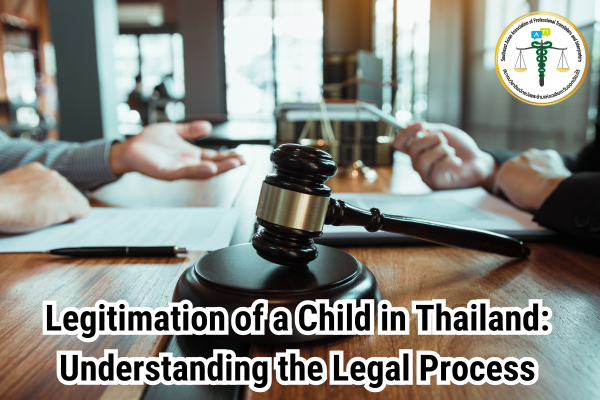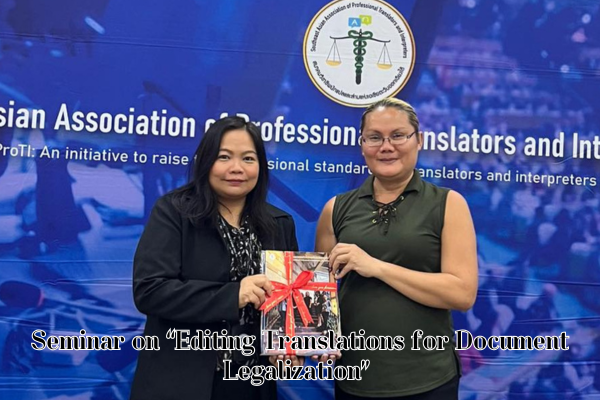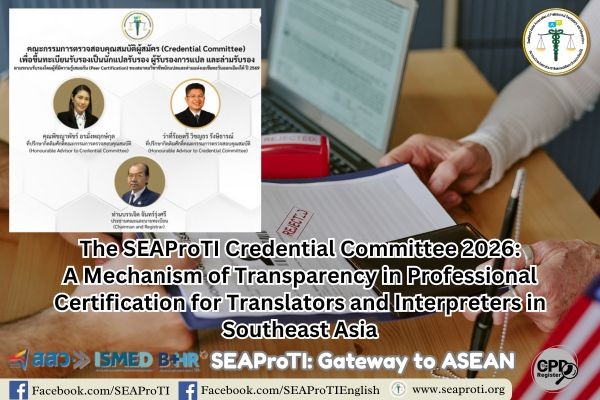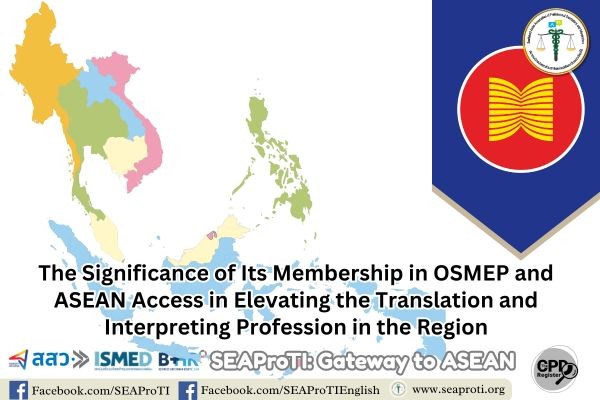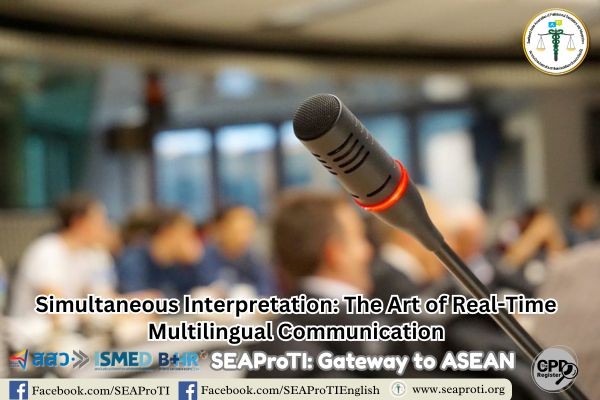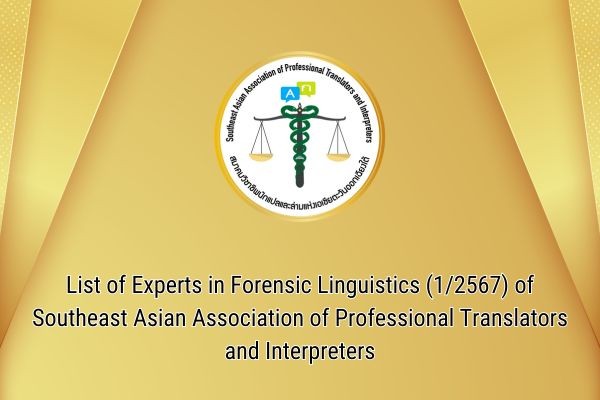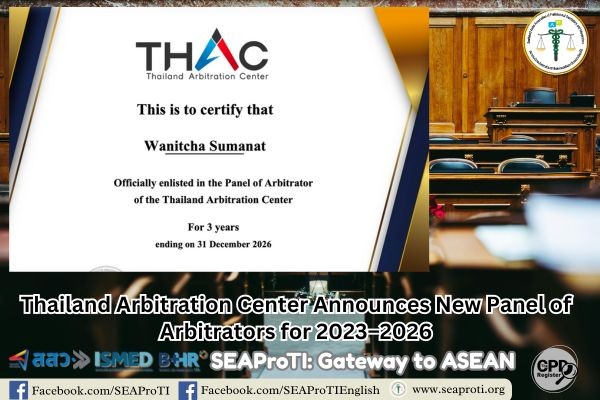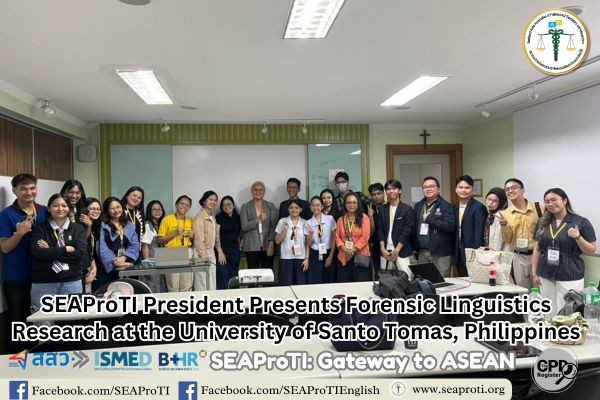Work Permits for Foreigners in Thailand: What You Need to Know
21 April 2025, Bangkok – Foreigners who wish to work in Thailand are required by law to obtain a work permit, governed primarily by the Foreigners’ Working Management Emergency Decree B.E. 2560 (2017) and its subsequent amendments, including the (No. 2) B.E. 2561 (2018) Royal Decree. These legal instruments outline the types of permissible work, prohibited occupations, and compliance procedures.
A valid work permit is essential for any form of employment in Thailand, including both paid and unpaid work, and applies to employees, freelancers, and business owners alike.
Key Legal Instruments
-
Foreigners’ Working Management Emergency Decree B.E. 2560 (2017)
This decree established modern guidelines for work permit issuance, reporting obligations, and penalties for non-compliance. -
Amendment (No. 2) B.E. 2561 (2018)
Introduced improvements to streamline the application process and support foreign investments. -
Labour Protection Act B.E. 2541 (1998)
Protects employee rights, outlining working hours, safety, and benefits for all legally employed workers in Thailand. -
Prohibited Occupations List
Foreign nationals are banned from engaging in certain professions reserved for Thai citizens, such as tour guiding, hairdressing, and certain types of manual labor.
Types of Work Permits
-
Standard Work Permit
-
Required for long-term employment.
-
Tied to a sponsoring employer and specific job title.
-
Must be updated if job role or location changes.
-
-
Necessary and Urgent Work Acknowledgment
-
Short-term work permit valid for 15 days.
-
Issued for urgent or essential tasks that cannot be delayed.
-
Requires notification to the Department of Employment prior to commencing work.
-
Required Documents
-
Valid non-immigrant visa (usually category B or O)
-
Job offer or employment contract
-
Company registration documents
-
Tax and social security records
-
Educational qualifications and professional licenses (if applicable)
-
Certified translations of any non-Thai documents
All foreign-language documents must be officially translated into Thai and certified for use in legal proceedings.
Where to Find SEAProTI-Certified Translators
To ensure accuracy and legal validity, it’s highly recommended to use translators certified by the Southeast Asian Association of Professional Translators and Interpreters (SEAProTI). These translators meet professional standards recognized by Thai authorities and international bodies.
Recommended SEAProTI-Certified Translation Providers:
-
NS Translation Services by New Stamford School (Chiang Mai)
-
Expertise in visa, work permit, and legal document translations
-
Contact: [Facebook Page – NS Translation Services]
-
-
Phothong Translation (Ubon Ratchathani)
-
Long-established office providing Thai-English certified translations
-
Known for regional government service collaboration
-
-
Ideal Partner Group Ltd. (Loei)
-
Trusted by regional labor offices and educational institutions
-
-
Hub of Language Co., Ltd. (Nonthaburi)
-
Offers certified translations and verification for consular legalization
-
-
Language Institute, Hatyai University (Songkhla)
-
Specializes in academic and legal documents
-
-
Baan Ajarn Mark Translation (Surin)
-
Provides fast, affordable certified translations for employment-related matters
-
-
Fastwork x SEAProTI Online Platform
-
Convenient access to SEAProTI-certified translators nationwide
-
Ideal for urgent translations required for visa and work permit applications
-
Personal Income Tax Obligations
Foreign employees working in Thailand must register for personal income tax and file annual returns. Tax rates are progressive, ranging from 5% to 35%, depending on income level. Employers typically deduct tax at source, and employees must ensure proper documentation is submitted.
Compliance Tips for Foreign Workers
-
Always secure a valid visa and work permit before beginning any work.
-
Keep a copy of your permit on you at all times while working.
-
Report any changes in employment or location to the Department of Employment.
-
Avoid occupations listed in the prohibited occupations list for foreigners.
-
Use SEAProTI-certified translators for all non-Thai documents to avoid rejection or legal challenges.
Final Thoughts
Thailand offers great opportunities for skilled foreign workers, but the process to work legally requires careful navigation of immigration, labor, and tax laws. A professionally translated and certified document set—especially when processed by SEAProTI-certified translators—can make all the difference in ensuring a smooth application and avoiding legal complications.
Need help with translations for your work permit?
Look for the SEAProTI logo or consult SEAProTI.org to find certified providers in your area.
If you’d like this article prepared for web, PDF, or social media format, let me know—I’d be happy to adapt it.
Further studies:
- Foreigners’ Working Management Emergency DecreeB.E. 2560 (2017) – en
- Foreigners’ Working Management Emergency Decree (No. 2) B.E. 2560 (2017) – en
- Prohibited occupations for foreigners
- Work Permit forms
- Personal income Tax Info and Tax Rates
SEAProTI’s certified translators, translation certification providers, and certified interpreters:
The Southeast Asian Association of Professional Translators and Interpreters (SEAProTI) has officially announced the criteria and qualifications for individuals to register as “Certified Translators,” “Translation Certification Providers,” and “Certified Interpreters” under the association’s regulations. These guidelines are detailed in Sections 9 and 10 of the Royal Thai Government Gazette, issued by the Secretariat of the Cabinet under the Office of the Prime Minister of the Kingdom of Thailand, dated July 25, 2024, Volume 141, Part 66 Ng, Page 100.
To read the full publication, visit: the Royal Thai Government Gazette
ใบอนุญาตทำงานสำหรับชาวต่างชาติในประเทศไทย: สิ่งที่ควรรู้
21 เมษายน 2568, กรุงเทพมหานคร – ชาวต่างชาติที่ต้องการทำงานในประเทศไทยจะต้อง ขอใบอนุญาตทำงานตามกฎหมาย โดยกฎหมายหลักที่เกี่ยวข้องคือ พระราชกำหนดการบริหารจัดการการทำงานของคนต่างด้าว พ.ศ. 2560 และฉบับแก้ไขเพิ่มเติมในปี พ.ศ. 2561 ซึ่งระบุประเภทงานที่สามารถทำได้ งานต้องห้าม และขั้นตอนการปฏิบัติตามกฎหมาย
ไม่ว่าจะเป็นงานที่ได้รับค่าจ้างหรือไม่ รวมถึงการทำงานในฐานะลูกจ้าง ฟรีแลนซ์ หรือเจ้าของกิจการ ทุกกรณีต้องมีใบอนุญาตทำงานที่ถูกต้องตามกฎหมาย
กฎหมายสำคัญที่เกี่ยวข้อง
-
พระราชกำหนดการบริหารจัดการการทำงานของคนต่างด้าว พ.ศ. 2560
กำหนดหลักเกณฑ์การขอใบอนุญาตทำงาน การรายงานตัว และบทลงโทษหากฝ่าฝืน -
พระราชกำหนด (ฉบับที่ 2) พ.ศ. 2561
เพิ่มความสะดวกในกระบวนการยื่นคำขอ และสนับสนุนการลงทุนจากต่างประเทศ -
พระราชบัญญัติคุ้มครองแรงงาน พ.ศ. 2541
คุ้มครองสิทธิของลูกจ้าง เช่น ชั่วโมงทำงาน ความปลอดภัย และสวัสดิการต่าง ๆ -
บัญชีรายชื่ออาชีพต้องห้ามสำหรับคนต่างด้าว
เช่น มัคคุเทศก์ ช่างทำผม งานก่อสร้างบางประเภท ฯลฯ ซึ่งสงวนไว้ให้คนไทยทำเท่านั้น
ประเภทของใบอนุญาตทำงาน
1. ใบอนุญาตทำงานทั่วไป (Standard Work Permit)
-
สำหรับการจ้างงานระยะยาว
-
ผูกพันกับนายจ้างและตำแหน่งงานที่ระบุไว้
-
ต้องอัปเดตเมื่อมีการเปลี่ยนตำแหน่งหรือสถานที่ทำงาน
2. หนังสือรับรองการทำงานที่จำเป็นและเร่งด่วน (15 วัน)
-
สำหรับงานที่มีความจำเป็นเร่งด่วนและไม่สามารถเลื่อนได้
-
มีอายุการใช้งาน 15 วัน
-
ต้องแจ้งต่อกรมการจัดหางานล่วงหน้าก่อนเริ่มทำงาน
เอกสารที่ต้องใช้
-
หนังสือเดินทางพร้อมวีซ่าประเภท Non-Immigrant B หรือ O
-
สัญญาจ้างงานหรือหนังสือรับรองจากนายจ้าง
-
หนังสือจดทะเบียนบริษัท
-
หลักฐานด้านภาษีและประกันสังคม
-
ใบประกาศนียบัตรหรือใบอนุญาตวิชาชีพ (หากเกี่ยวข้อง)
-
เอกสารที่ไม่ใช่ภาษาไทยจะต้องแปลเป็นภาษาไทยอย่างเป็นทางการและได้รับการรับรอง
เอกสารแปลทุกฉบับต้องผ่านการรับรอง เพื่อให้สามารถใช้ในการยื่นคำร้องหรือกระบวนการทางกฎหมายได้
จะหา “นักแปลที่ได้รับการรับรองจาก SEAProTI” ได้ที่ไหน?
เพื่อความถูกต้องตามกฎหมายและลดความเสี่ยงจากการถูกปฏิเสธเอกสาร ควรเลือกใช้บริการนักแปลที่ได้รับการรับรองจาก SEAProTI
(Southeast Asian Association of Professional Translators and Interpreters)
รายชื่อนักแปล/ศูนย์แปลที่ได้รับการรับรองจาก SEAProTI:
-
NS Translation Services by New Stamford School (เชียงใหม่)
เชี่ยวชาญด้านวีซ่า ใบอนุญาตทำงาน เอกสารกฎหมาย
Facebook: NS Translation Services -
Phothong Translation (อุบลราชธานี)
ให้บริการแปลรับรองไทย-อังกฤษมานาน
เป็นที่ไว้วางใจจากหน่วยงานราชการในพื้นที่ -
Ideal Partner Group Ltd. (เลย)
เชี่ยวชาญงานแปลให้หน่วยงานราชการ และสถานศึกษา -
Hub of Language Co., Ltd. (นนทบุรี)
รับรองเอกสารเพื่อยื่นกงสุลและหน่วยงานราชการ -
Language Institute, Hatyai University (สงขลา)
เด่นด้านเอกสารทางวิชาการและกฎหมาย -
Baan Ajarn Mark Translation (สุรินทร์)
บริการรวดเร็ว ราคาย่อมเยา เหมาะกับเอกสารขอใบอนุญาตทำงาน -
แพลตฟอร์มออนไลน์ Fastwork x SEAProTI
เข้าถึงนักแปลที่ได้รับการรับรองจาก SEAProTI ทั่วประเทศ
เหมาะกับเอกสารที่ต้องการความเร่งด่วน
ภาษีเงินได้บุคคลธรรมดา
ผู้ที่ทำงานในประเทศไทยจะต้องลงทะเบียนภาษีเงินได้บุคคลธรรมดา และยื่นแบบแสดงรายได้ประจำปี โดยอัตราภาษีแบบขั้นบันไดอยู่ที่ประมาณ 5%–35% ขึ้นอยู่กับรายได้
นายจ้างมักหักภาษี ณ ที่จ่าย และลูกจ้างต้องตรวจสอบให้แน่ใจว่าเอกสารครบถ้วนถูกต้อง
คำแนะนำในการปฏิบัติตามกฎหมาย
-
ต้องขอวีซ่าและใบอนุญาตทำงานก่อนเริ่มทำงานจริงเสมอ
-
พกสำเนาใบอนุญาตทำงานติดตัวขณะทำงาน
-
หากมีการเปลี่ยนงานหรือย้ายสถานที่ ต้องแจ้งกรมการจัดหางาน
-
หลีกเลี่ยงอาชีพที่อยู่ในบัญชีต้องห้าม
-
ใช้นักแปลที่ผ่านการรับรองจาก SEAProTI เท่านั้นในการแปลเอกสารสำคัญ
บทส่งท้าย
ประเทศไทยเปิดโอกาสสำหรับผู้เชี่ยวชาญจากต่างประเทศ แต่การทำงานอย่างถูกกฎหมายต้องเข้าใจและปฏิบัติตามข้อกำหนดของกฎหมายแรงงาน กฎหมายคนเข้าเมือง และภาษี เอกสารแปลที่ถูกต้องและได้รับการรับรอง โดยเฉพาะจาก นักแปลที่ได้รับการรับรองจาก SEAProTI จะช่วยให้การยื่นขอใบอนุญาตทำงานราบรื่น ปลอดภัย และถูกต้องตามกฎหมาย
เกี่ยวกับนักแปลรับรอง ผู้รับรองการแปล และล่ามรับรองของสมาคมวิชาชีพนักแปลและล่ามแห่งเอเชียตะวันออกเฉียงใต้
สมาคมวิชาชีพนักแปลและล่ามแห่งเอเชียตะวันออกเฉียงใต้ (SEAProTI) ได้ประกาศหลักเกณฑ์และคุณสมบัติผู้ที่ขึ้นทะเบียนเป็น “นักแปลรับรอง (Certified Translators) และผู้รับรองการแปล (Translation Certification Providers) และล่ามรับรอง (Certified Interpreters)” ของสมาคม หมวดที่ 9 และหมวดที่ 10 ในราชกิจจานุเบกษา ของสำนักเลขาธิการคณะรัฐมนตรี ในสำนักนายกรัฐมนตรี แห่งราชอาณาจักรไทย ลงวันที่ 25 ก.ค. 2567 เล่มที่ 141 ตอนที่ 66 ง หน้า 100 อ่านฉบับเต็มได้ที่: นักแปลรับรอง ผู้รับรองการแปล และล่ามรับรอง


